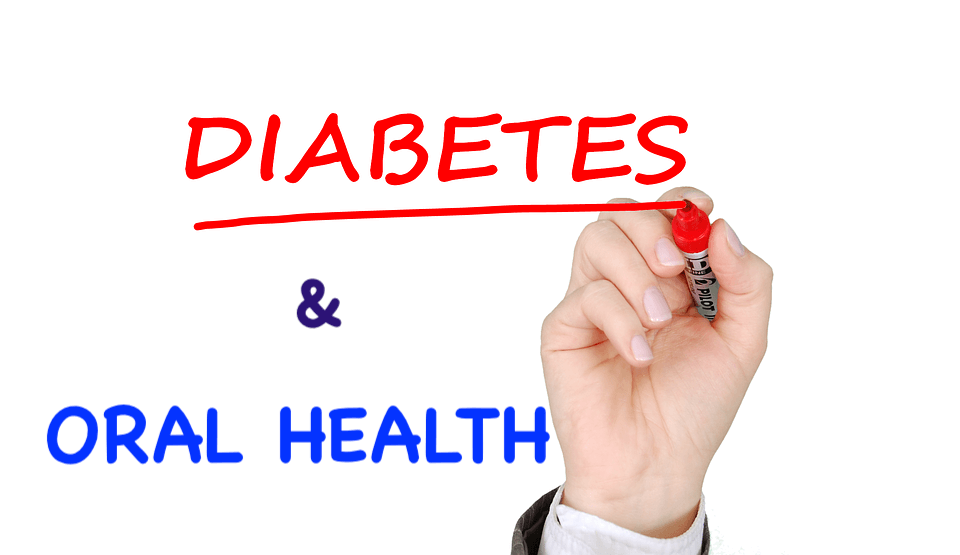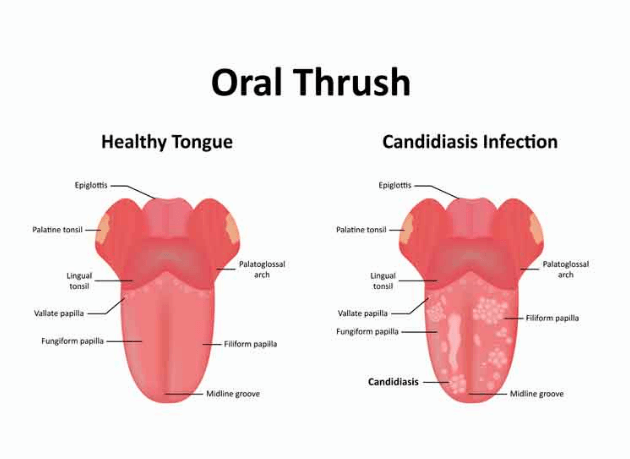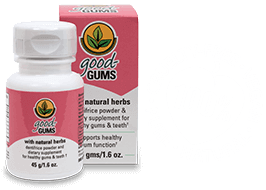The connection between Diabetes and Oral Health

The American Diabetes Association have recently confirmed the direct correlation between diabetes and gum disease by pointing out;
‘…the relationship between serious gum disease and diabetes is two-way. Not only are people with diabetes more susceptible to serious gum disease, but serious gum disease may have the potential to affect blood glucose control and contribute to the progression of diabetes.’
This means that if a patient has untreated gum disease, glucose levels start to rise, which weakens the immune system and leads to the advancement of diabetes. At the same time, those who are diabetic are more prone to gum disease because high blood pressure causes blood vessels to thicken, which reduces the supply of the vital nutrients that are relied upon to remove harmful toxins from the mouth. This undernourishment to the gums causes them to become inflamed and can very quickly progress into periodontitis if left untreated.

Epidemiological data suggests that susceptibility to periodontitis is increased by threefold in people with diabetes. And if you think about it, it makes sense considering that the mouth is swarming with bacteria, so as sugar levels in the mouth rise, it creates a perfect environment for bacteria to thrive.
This makes it essential for diabetics to have impeccable oral hygiene, as like all infections, gum disease can cause blood sugar levels to rise, which makes it a lot more difficult to control diabetes due to the thriving bacteria attacking the gums.
Don’t miss your dentist visits!
Did you know that dentists will usually be the first ones to diagnose diabetes? Recent studies show that many people with chronic gum disease had developed Type 2 diabetes and weren’t even aware. We strongly recommend visiting your dentist at least twice a year for a checkup and a professional tooth cleaning. Curing gum disease can help keep diabetes under control by regulating blood sugar levels.
Your dentist can also help you detect signs of prediabetes, which usually shows up as oral yeast infections in the mouth. As the blood sugar rises yeast cells grow and divide, which indicates that someone is at risk of developing type 2 diabetes. Signs you have developed an oral yeast infection include creamy white patches on the tongue and cheeks, red bumps that may bleed slightly, cracks at the corners of the mouth, difficulty swallowing and a bad taste in the mouth.

Practicing good oral hygiene as a preventative.
We can’t stress enough the importance of regular and efficient dental hygiene. So much so, that we believe your impeccable oral hygiene can be used as a preventative method for developing diabetes.

We recommend that you use a soft manual toothbrush to avoid damaging the teeth and gums. If you’re using an electric toothbrush make sure that the bristles are soft (fortunately they are for most brands) and that you do not use too much pressure when brushing. Be aware to pay particular attention to the gum line.
We recommend using dental floss daily to remove plaque between the spaces where disease starts to take hold.
Waxed floss can be a better option to facilitate plaque removal between tight tooth contacts and areas your toothbrush can’t reach.
Dr. Ira B Lamster from the department of dental health at Columbia University says;
‘A combination of personal care and professional care is the key to a lifetime of good oral health.’
We would also like to add that as well as looking after your dental health, other major preventatives to diabetes, and any disease for that matter is a healthy, well-balanced diet, regular exercise, and a healthy mindset. You can read some of our recommendations for healthy meals and daily practices here.
Good-Gums as a preventative.

If you have any inclination that you may have the beginning stages of gum disease, for example; bleeding, swollen or inflamed gums, we strongly recommend you use our all-natural tooth powder, which is jam-packed full of vital nutrients that are designed to be easily absorbed into your gums.
Good-Gums also helps to counter acidity in the mouth
while neutralizing the bacteria that promote plaque growth and cause odor.
Our gums are very sensitive and are some of the most absorptive tissues in the body so it is important that we feed them with vitamins and nutrients that aid the regeneration process.
Say NO to toothpaste!
We recommend you give up your toothpaste completely. Not only will your toothpaste most likely be filled with harmful toxins and chemicals but the glycerin in toothpaste forms an invisible coating over your teeth and gums, which acts as a barrier to essential nutrients and significantly hinders your body’s natural healing processes.
Your mouth is the window to the rest of your bodily health so by looking after your gums, it’s not just gum disease you keep at bay.

Subscribe To Our Newsletter
Be the first to receive all our news, offers and natural oral health tips and articles.


